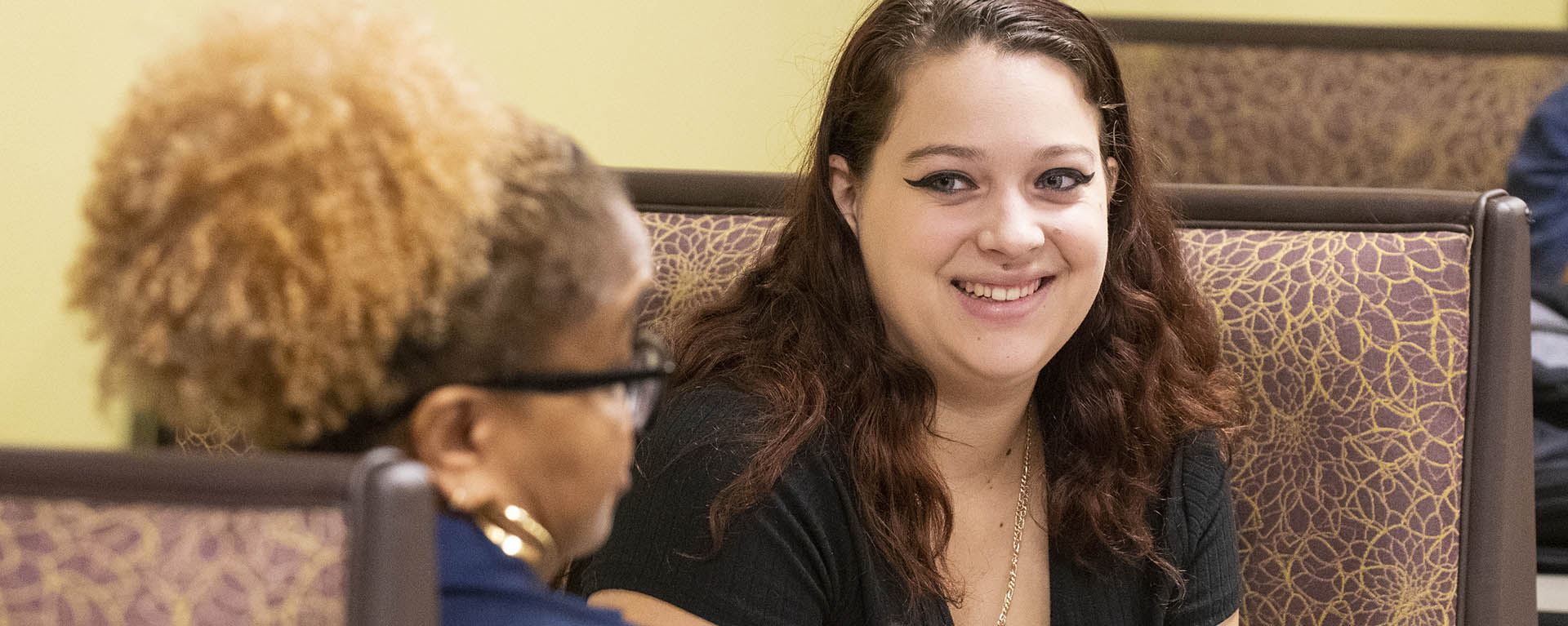
Requirements for Application
An applicant must be a graduate of an accredited Radiologic Technology program with a minimum cumulative program grade point average (GPA) of 2.5, possess a minimum of an Associate Degree from an institution that is accredited by an acceptable accrediting body according to the ARRT, and hold the professional designation of RT(R). Specific college level coursework evaluated in the application review process includes: human anatomy and physiology, mathematics (math course description should include content such as real number systems, algebra of sets, exponents, equations and inequalities, polynomial functions, graphing, radical expressions, operations, inverses of function, equations of lines and systems of linear equations, logarithmic and trigonometric functions), written communication (composition), verbal communication (communication or public speaking course), and radiation physics from radiology program (titles of physics course in radiology programs vary).
Students who have not yet met these requirements, but are in the process of doing so may also be considered for admittance; however, acceptance will be contingent on meeting all admission requirements prior to the program's start date.
Please see the State Authorization section below for details about states that limit the delivery of out-of-state online course offerings.
Acceptance is conditional on the following:
- Confirmation of acceptable clinical placement by May 15.
- Clinical site must meet program affiliation requirements,
- Clinical site must complete Affiliation Agreement with the University,
- Some clinical sites have special requirements for students such as a student placement fee, attendance at organization's orientation training or special background checks. Any additional expenses are the responsibility of the student. Students are notified of special requirements prior to the start of the program.
- Completion of an accredited radiologic technology program.
- Verification of an associate degree or higher from an educational institution accredited by a body acceptable to the ARRT.
- Professional designation by the ARRT as a Registered Radiologic Technologist (RTR).
- Successful completion of a 10-panel drug screen (at student’s expense).
- Successful completion of a criminal background check (at student’s expense).
University Background Check Policy
A criminal background check will be required of all accepted Radiation Therapy students prior to the program start date. Successful completion of the Radiation Therapy program requires participation in clinical practicum courses. Students can only be placed in clinical practicum courses after a background check (at their expense) has been completed which discloses they do not present a criminal history of:
- convictions of laws regulating controlled substances*;
- convictions, at the felony level of crimes, as defined under Kansas Criminal Code (K.S.A. 21-3101 et seq.) and amendments thereto, which are crimes against persons, crimes against property, or sex offenses;
- conviction of an offense requiring registry as a sex offender under the Kansas Offender Registry Act or any federal, military or other state law requiring registry;
- conviction, at the felony level of crimes, involving moral turpitude which include but are not limited to: perjury, bribery, embezzlement, theft, and misuse of public funds.
*Exception: Persons who have been convicted of a misdemeanor illegal drug offense may be permitted to participate in the clinical practicum pursuant to the process for Management of Misdemeanor Illegal Drug Exception set out below.
Management of Misdemeanor Illegal Drug Exception
- If a background check report demonstrates a discrepancy, the Clinical Coordinator will contact the university contact who has access to the details of background check reports.
- The university contact will determine the cause of the discrepancy and communicate it to the Clinical Coordinator.
- The Clinical Coordinator will report findings from the university contact to the Program Director.
- The university background check policy will be applied as follows:
- If offense is related to items a-d of the background check policy, the student will not be permitted to start the program.
- If offense is a misdemeanor illegal drug offense and the student is currently on probation for the offense, the student will not be permitted to start the program.
- If offense is a misdemeanor illegal drug offense and the student is NOT currently on probation for the offense, the student will be provided the following option.
- Student may disclose the misdemeanor illegal drug offense to the Clinical Supervisor at the assigned clinical site.
- Clinical Coordinator will follow-up with the Clinical Supervisor at the assigned clinical site about the student's disclosure.
- If the disclosure prohibits student placement at the clinical site, the student will not be permitted to start the program.
- If the disclosure does NOT prohibit student placement at the clinical site, the student will be permitted to start the program and student will be advised to complete the ARRT Pre-Application Ethics Review process - https://www.arrt.org/pages/earn-arrt-credentials/initial-requirements/ethics/ethics-review-preapplication
State Authorization Reciprocity Agreements (SARA)
Washburn University is a participant in the SARA initiative, which is a state-level reciprocity process aimed at making the effort to obtain state authorizations more efficient for institutions and to make it easier for students to enroll in distance education programs outside of the states in which they reside. Institutions that are members of SARA are authorized to provide education to students from all SARA member states. States and institutions that choose to become members of SARA operate under a set of policies and standards that are overseen by the National Council for State Authorization Reciprocity Agreements (NC-SARA) and administered by four regional higher education compacts. For a map showing SARA membership by state, please click here.
- New Jersey Restriction: Due to state-specific regulations, Washburn University’s Radiation Therapy program cannot enroll students who plan to reside or complete clinical education in New Jersey. However, graduates who complete the program outside of New Jersey remain eligible for licensure and may pursue employment in New Jersey after graduation.
GET IN TOUCH WITH Department of Allied Health
Allied Health Department
School of Applied Studies, Room 201
1700 SW College Ave.
Topeka, KS 66621
Phone & Email
785.670.2170
allied-health@washburn.edu

